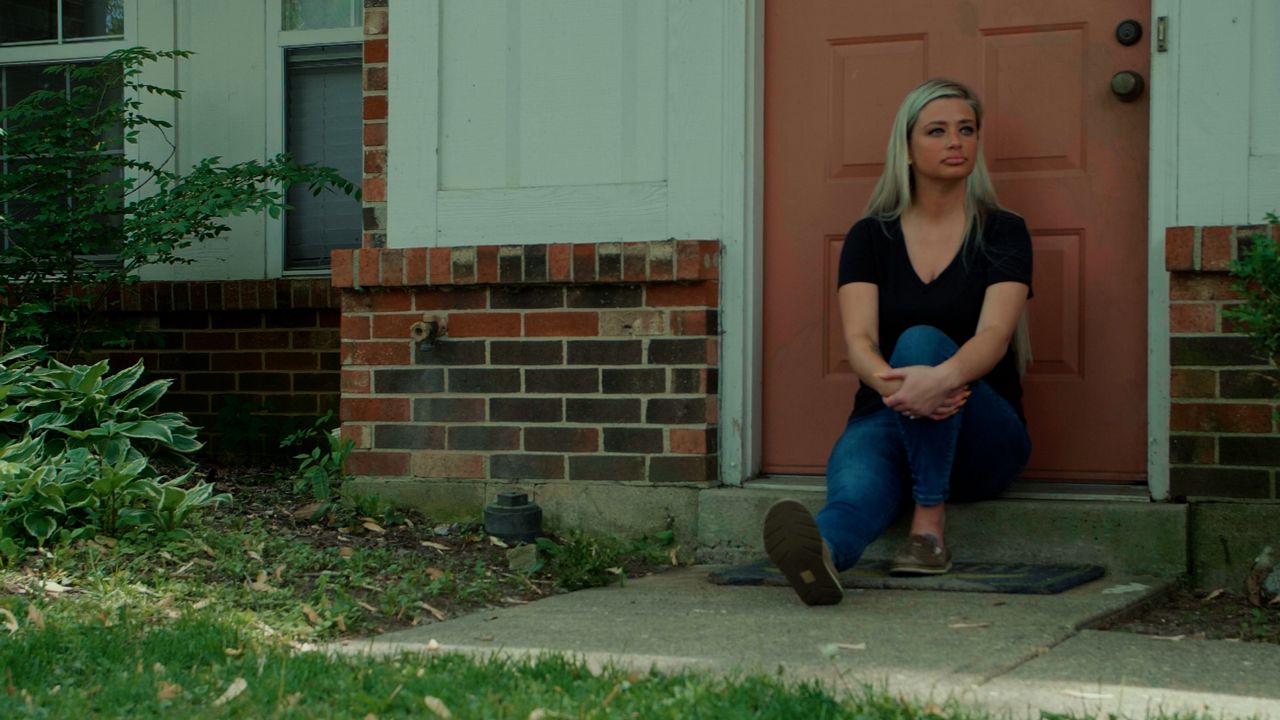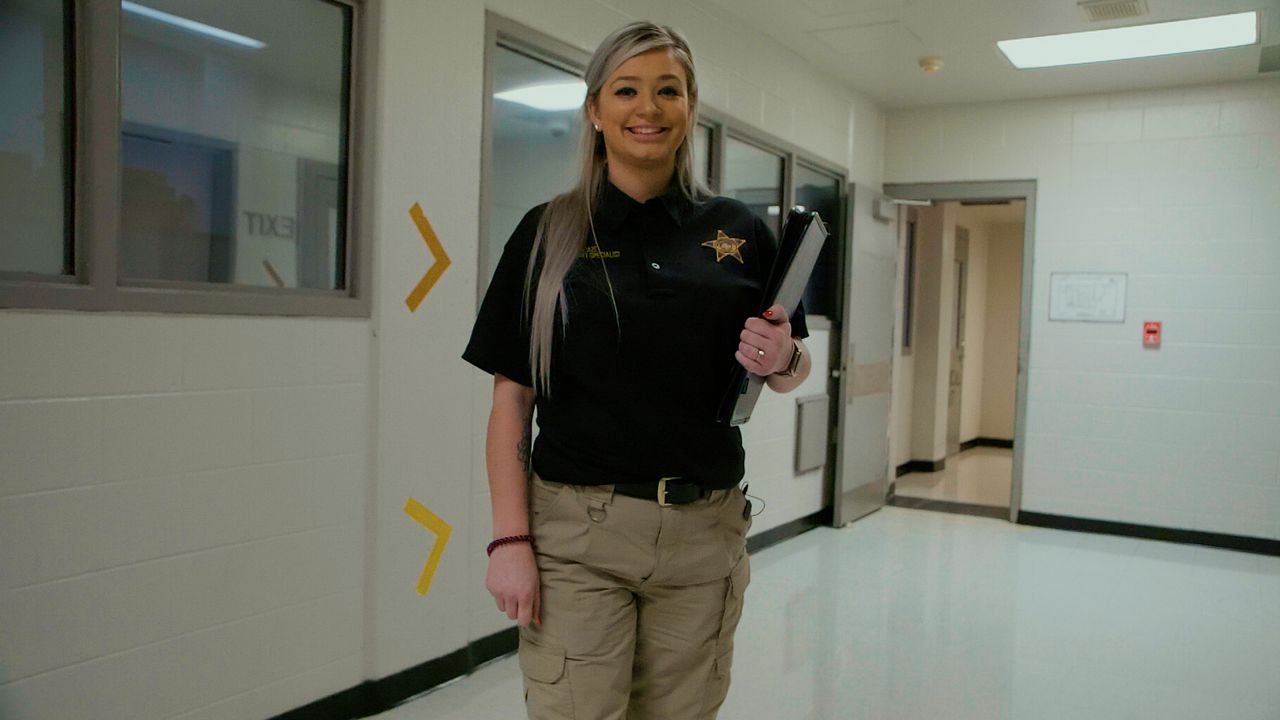MONTGOMERY COUNTY, Ohio — In 2016, Montgomery County in southwest Ohio made national headlines as the overdose capital of the United States.
With 317 deaths the year before, the county coroner proclaimed drug overdoses “a mass casualty event.”
Overprescription of pain medication, dealers introducing Fentanyl into the drug supply and a lack of mental health services contributed to escalating death rates.
In communities with untreated mental health needs, people experiencing anxiety and depression may seek solace in the temporary escape drugs offer.
For Kristen LaCaze of Centerville, it was a perfect storm.
Experimentation with recreational use of a prescription opioid lifted her depression, made her feel like her problems evaporated and left her wanting more, creating an addiction that would take her years to overcome with multiple stints in and out of rehab.
She was 18 when her addiction began.

“I kept looking for the comfort from pain medication until I started using heroin,” LaCaze said.
Fast forward 12 years, and LaCaze credited the addition of mental health services and medical assisted treatment, Suboxone, prescribed to remove her desire to use, with getting sober.
LaCaze now works on the front lines of prevention efforts led by the Montgomery County Sheriff’s Office, with a focus on peer counseling.
“Having somebody who was in long-term recovery that can sit down and talk to inmates about her challenges and struggles and what’s available, for them… sometimes as professionals you walk through this jail and you meet with inmates, and they don’t really want to hear what you have to say,” said Teresa Russell, director of criminal justice outreach at the Montgomery County Sheriff’s Office.

As well as peer counseling efforts, community organizations take part in Getting Recovery Options Working (GROW) blitzes that take interventionists into neighborhoods with high overdose rates.
The most recent effort in May reached 147 residences, clocked 60 community interactions and left 87 door hangers with referrals.
In the days that followed, two Montgomery County residents reached out for help to set up treatment, resulting in one placement and another in-process at the time of this story.
“This has changed my life and the course of other people’s lives entirely,” LaCaze said.



